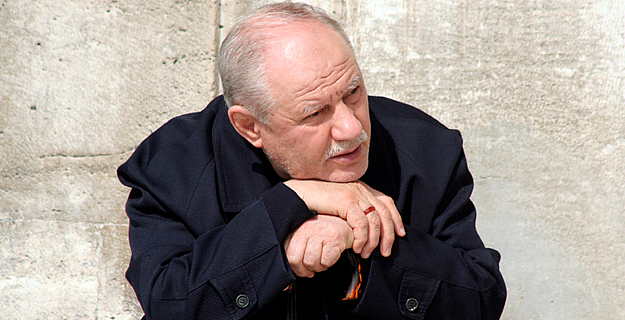This is so annoying. Two studies published exactly one month apart in the same publication have completely opposite claims about dementia . The source for the first story is research presented at Euro anaesthesia, the annual congress of the European Society of Anesthesiology (ESA). The second story is from The Mayo Clinic. Both are reputable sources. Both seem to be good studies. So what’s an average person to do?
Which is true:
Exposure to General Anesthesia Could Increase the Risk of Dementia in Elderly by 35 Percent, Science Daily, June 1, 2013.
Or:
No Link Between Anesthesia, Dementia in Elderly, Science Daily, May 1, 2013
In my role as President of the MedShadow Foundation, I am constantly on the lookout for new research on important health topics and particularly on the side effects of medications. I have found, however, that contradictions in research studies are a lot more common than I would like. As I read through the articles more carefully, I found that both acknowledged that anesthesia can cause dementia in seniors. They differ in that The Mayo Clinic found a pattern of short-term dementia that cleared up after a few weeks or months. In contrast, Euroanaesthesia found that the dementia persisted and did not clear up in the short-term. The anesthesiologists in the Euroanaesthesia study met with patients to establish a baseline and then followed-up two years later. Researchers in The Mayo Clinic study reviewed patient files, a method that is usually not considered as reliable as a personal interview in determining a link between treatment and results and side effects of the intervention.
When my father had surgery about five years ago, he was in his late-70s. No one had warned us that he might have cognitive difficulties after the operation. It’s called POCD – Post Operational Cognitive Disorder. My mother was very concerned until her friends clued her in — they told her it was so common it had a name — “anesthesia brain.” Fortunately my father’s confusion cleared up after a few months.
Some of the confusion about study results for the general consumer comes from the exaggerated headlines. The Mayo Clinic’s own article on its study was the same as above. “No Link Between Anesthesia, Dementia in Elderly, Mayo Clinic Study Finds.” In my opinion, that headline is an exaggeration — the study absolutely found a link between anesthesia and dementia in the elderly. Researchers found it was not permanent, but that didn’t mean it didn’t exist.
The article distributed at Euroanesthesia quotes an increase of 35% in dementia in elderly who were given general anesthesia. But a significant number of seniors who weren’t exposed to anesthesia got dementia during the same time period. I couldn’t follow the math, but I did read that “demented patients were more likely to have received anesthesia (37%) than non-demented patients (32%).” That looks close to 14% to me. However, the article goes on to note that “22% of demented patients reporting a GA (general anesthesia) compared with 19% of non-demented patients.” In the final reporting in this study, of the 7,008 people evaluated, 632 had dementia two years later, which is just under 7%. In the general US population, however, one in 8 seniors, or 13%, have dementia by the age of 65. How does that logically fit with the study? Is France not only thinner, but less demented too?
Headlines have great power to instill fear. And big numbers or big surprises in headlines gather attention from readers. Consequently, it’s necessary to go beyond the headline when reading about new research, particularly when it is relevant to your life, which is often the case.
Short-term or permanent, “Anesthesia Brain” is a very real condition that, in my family’s case, was not anticipated. No doctor warned us about the correlation. If if had been permanent, or if my mother’s friends hadn’t revealed the often short-term connection between anesthesia and confusion in the elderly, our family might have pursued interventions that would have significantly affected the quality of my parents’ remaining years. Anesthesia’s potential side effects should be included in the discussion of how best to treat a loved one’s illness, particularly when that person is over 65.
— Suzanne B. Robotti







